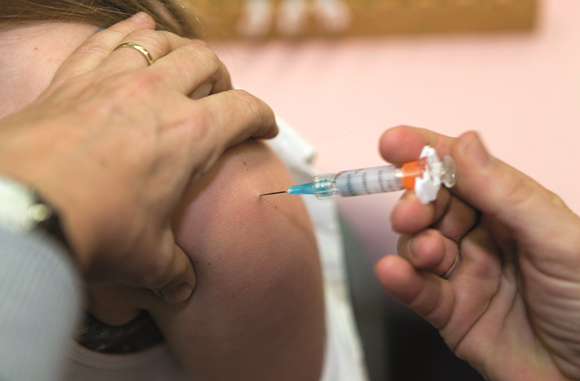
The long latency period between human papillomavirus (HPV) exposure and the emergence of cervical and genital pre-cancers/cancers means that there is a need for long-term follow-up of vaccinated pre-adolescents and adolescents.
In a study in Pediatrics (online, 1 December 2017), researchers followed up 803 sexually inactive girls and boys (aged 9–15 years) who took part in a placebo-controlled randomised clinical trial of the quadrivalent HPV vaccine[1].
The team found that there were no cases of genital warts or cervical and genital pre-cancers/cancers related to infection with any of the four HPV vaccine types during the 10 years post-vaccination. At 10 years, seropositivity remained high for HPV types 6, 11 and 16 at 89–96%, and was somewhat lower for HPV 18 at 60–79%, consistent with prior studies.
The researchers said the findings supported the durability of HPV vaccine-induced protection, and should encourage expansion of vaccination coverage.

Leave a Reply